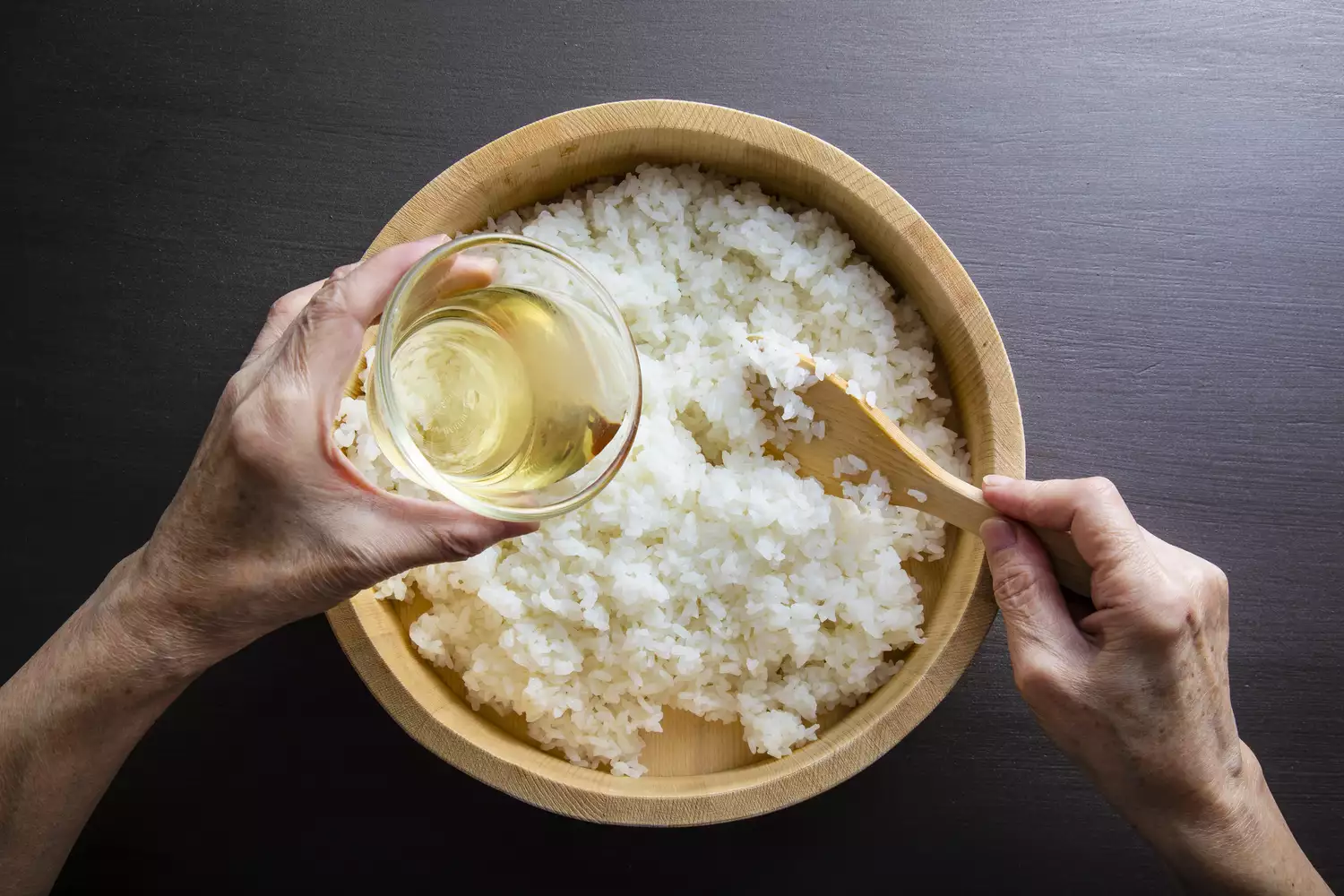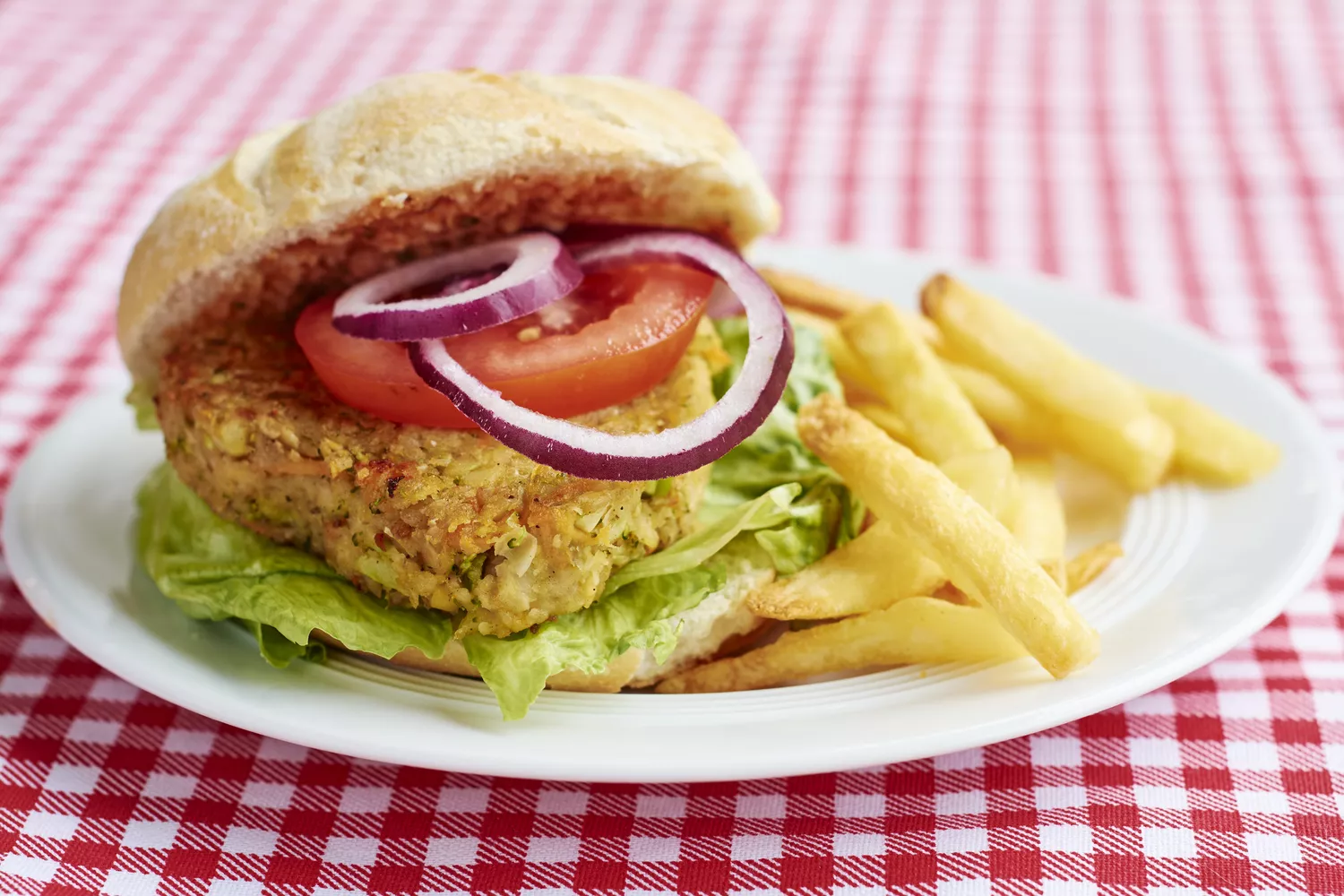Vinegar is a generally misinterpreted active ingredient. It can have a sour preference and pungent aroma, so it is not an ingredient you would certainly eat by itself. However, some people take pleasure in consuming vinegar. In cooking, a small amount of vinegar can be included– the acidity and flavor cancel various other flavors.
There are different types of vinegar, and each shines differently. Rice vinegar, made from fermented rice, is one-of-a-kind in that it has a mild and somewhat sweet taste, which is in stark comparison to the bitterness you would certainly expect.

It is frequently added to sushi rice for a balance of sour, sweet, and salted flavors. Rice vinegar can likewise be made use of in sauces, sauces, and salad dressings, so its applications resemble various other kinds of vinegar. If you do not have rice vinegar available or like a different sort of vinegar, try these substitutes. Due to the fact that many are fluids like rice vinegar, they can be used at a one-to-one proportion.
Why Use an Alternate
Rice vinegar is not as usual as routine distilled vinegar, so you might have a hard time finding it. It is lugged in a lot of food store in the international foods section or near the salad dressings and various other condiments. You can also discover it in specialized Oriental food markets.
If you do not prepare with rice vinegar usually, you might not wish to include yet an additional food product to your kitchen. In that situation, substituting rice vinegar with a component you make use of frequently can be a space-saving choice.
For those who enjoy the sour taste of vinegar, you might find rice vinegar as well light or too pleasant. Another kind of vinegar can add even more of a sharp punch to dishes if that is what you favor.
Lastly, we have all started a recipe just to understand we do not have all the components. If you are in the center of making sushi, salad clothing, or one more dish that calls for rice vinegar– an active ingredient you might not stock– you might locate luck replacing it for an alternative.
Rice Vinegar Nutrition
This nourishment info for a 15 milliliter serving of rice vinegar is supplied by the USDA.1.
Calories: 0.
Fat: 0g.
Salt: 0mg.
Carbohydrates: 0g.
Protein: 0g.
The dietary value of rice vinegar might differ relying on the maker since they may be made with different active ingredients. Nevertheless, a lot of rice vinegar is made with similar active ingredients. Since rice vinegar is eaten in percentages, the nourishment truths of various brands are unlikely to vary dramatically.
Rice Vinegar Substitutes.
Various other kinds of vinegar make for suitable rice vinegar replaces because they have a similar shade, uniformity, and taste profile. A lot of can be replaced in equal amounts since they are liquids. Various other replacement for rice vinegar include juices from lemons or limes. Below are some alternatives you can turn to when you require a substitute.
Gewurztraminer vinegar.
Apple cider vinegar.
Lemon juice.
Gewurztraminer Vinegar.
All vinegar is fermented, so they are comparable in that means. Rice vinegar is made from fermented rice and gewurztraminer vinegar is made with fermented white wine.
Gewurztraminer vinegar has a slightly fruity taste, which resembles the a little pleasant taste of rice vinegar. They are also comparable in shade. When it comes to taste, white wine vinegar may be the best substitute for rice vinegar.
Because white wine vinegar and rice vinegar are both fluids with comparable profiles, they can be used interchangeably at a one-to-one proportion in food preparation. Like rice vinegar, gewurztraminer vinegar can be a calorie-, fat-, and carb-free choice. Both are consumed in small amounts and are as a result not a considerable source of nutrients.2.
Apple Cider Vinegar.
Of the numerous types of vinegar, apple cider vinegar is a prominent one. It is often promoted as having health benefits associated with food digestion and metabolic process. While rice vinegar is the fermented product of rice, apple cider vinegar obtains its fruity flavor from fermented apples.
For that reason, the two share a pleasant taste account. While several type of vinegar are clear in color, rice vinegar and apple cider vinegar are different shades. Rice vinegar has a yellow tint and apple cider vinegar is much more gloomy and on the orange side.
Like rice vinegar, apple cider vinegar is reduced in or devoid of calories, fat, carbs, and protein. Nevertheless, apple cider vinegar is a source of the micronutrient potassium.3 Apple cider vinegar can be replacemented for rice vinegar in equal amounts.
Lemon Juice.
Since rice vinegar can have a sour preference, it is not a surprise that lemon juice can be utilized as a replacement. Lemon juice has somewhat much more calories and carbs, but it additionally offers even more vitamins.4.
When it concerns taste, lemon juice replaces the acidity and sourness of rice vinegar. Nonetheless, it lacks the sweetness and fermented aspect.
Lemon juice makes an ideal alternative to rice vinegar in dishes like salad dressings and marinates however may not work as well in recipes for sushi. Usage lemon or lime juice at a one-to-one ratio, but utilize your finest judgment since the flavor varies a little.


